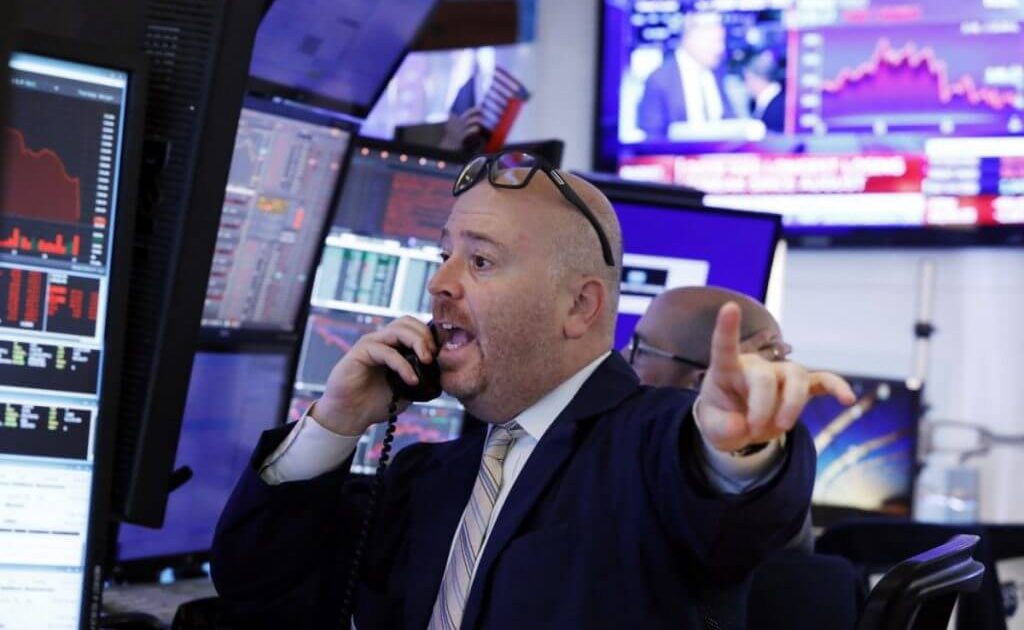- The Dow Jones Industrial Index rebounded by more than 2% Monday.
- Many investors might be tempted to buy more stocks, thinking the rebound will continue.
- In most cases, they should wait to see the full economic impact of the coronavirus.
The Dow Jones Industrial Index (DJIA) fell 12.4% last week. The index hasn’t plunged that much since the financial crisis of 2008. On Monday, the DJIA rose by more than 2%.
After last week’s massive market crash, investors might be tempted to load up on quality stocks to profit from bargains. Any little gain after a correction can prompt investors to buy stocks, as they think the rebound will continue.
While it can be tempting to buy stocks after a sharp correction, investors should control their urges.
More Volatility to Come as Coronavirus Threat Continues to Grow
While stock markets have been very volatile recently, we can expect to see much more volatility in the coming weeks and months. The U.S. just recorded its sixth coronavirus death. On Sunday night, Governor Andrew Cuomo confirmed the first case of Covid-19 in New York.
The outbreak is causing travel restrictions between countries. Consumer and business confidence is falling, and production is slowing. The Organisation for Economic Co-operation and Development (OECD) is urging governments to take measures to contain the virus and to protect people.
But even if governments manage to contain the coronavirus, the OECD forecasts sharply slower global economic growth in 2020 (2.4%). We can expect more downside in the stock market as concerns will likely stay high for a while.
Investors Should Put Their Money in Safer Places During a Market Crash
Instead of buying stocks, investors should look to put their savings in safer places like bonds and savings accounts until there are clear signs that the markets are in an expansion phase again. This could take a long time as the coronavirus situation is far from being resolved.
If you already own stocks, that doesn’t mean you should sell all of them and just hold cash. We don’t know how long a market crash is going to last, so you could miss the recovery if you sell your stocks. If you invest for the long-term, you shouldn’t worry about corrections. You have time to regain your losses as the market will go up in the future.
If you depend on your investments for living though, it is a good idea to sell some stocks. That way, you’ll lower the risk of your portfolio and ensure you don’t lose money that you can’t afford to lose. Make sure you’re comfortable with the investments you’re holding and get ready for what could be a wild ride.
Disclaimer: This article represents the author’s opinion and should not be considered investment or trading advice from CCN.com.
This article was edited by Aaron Weaver.




